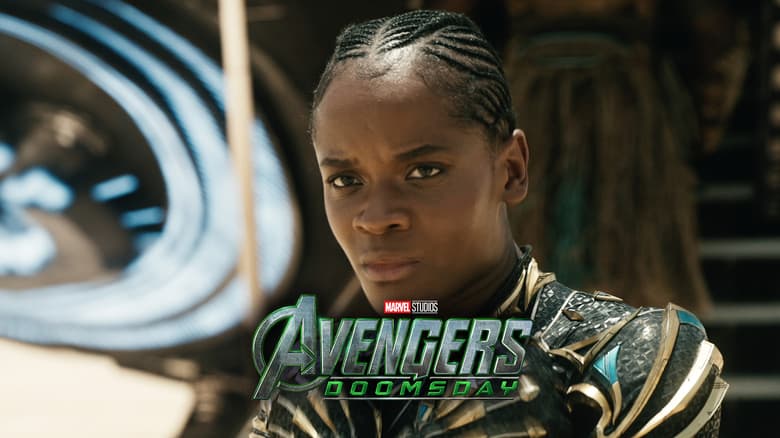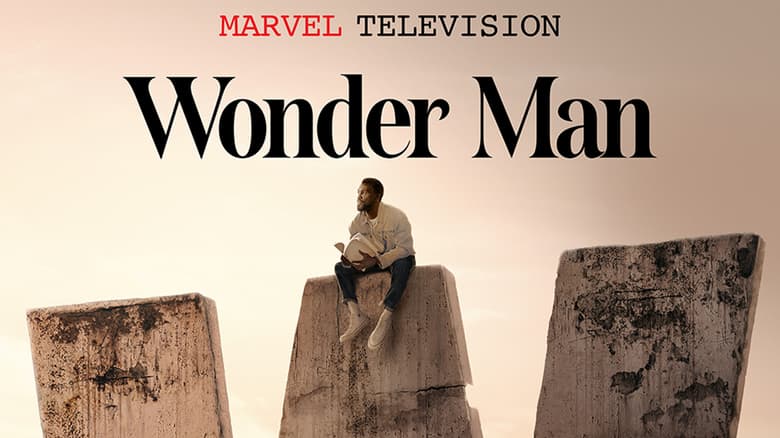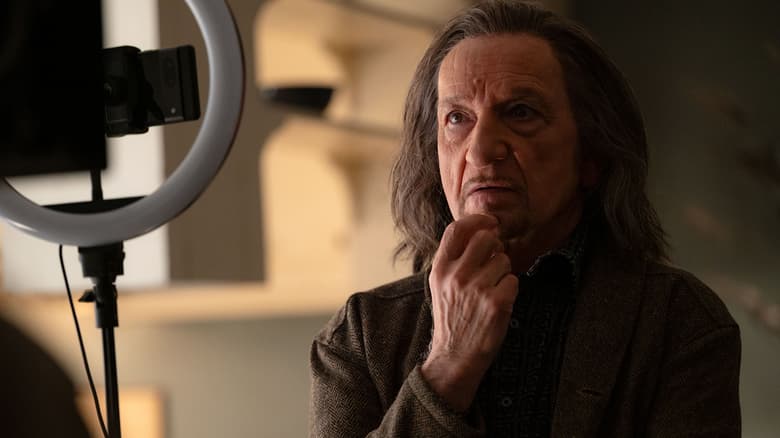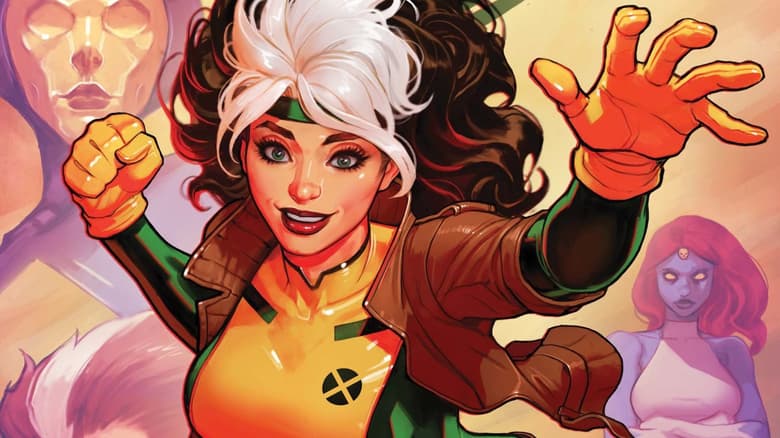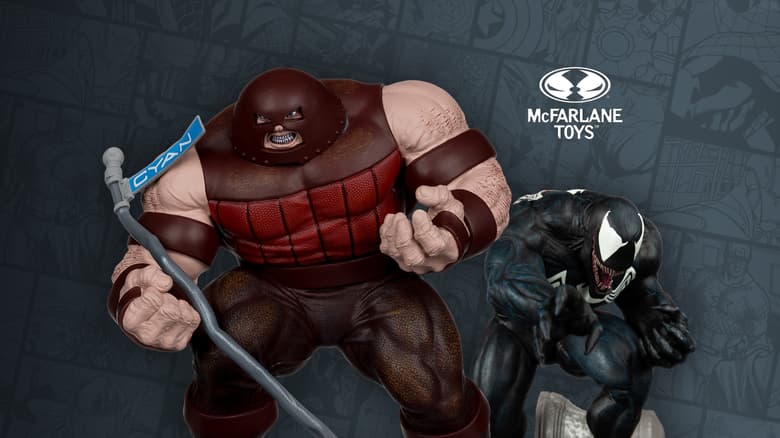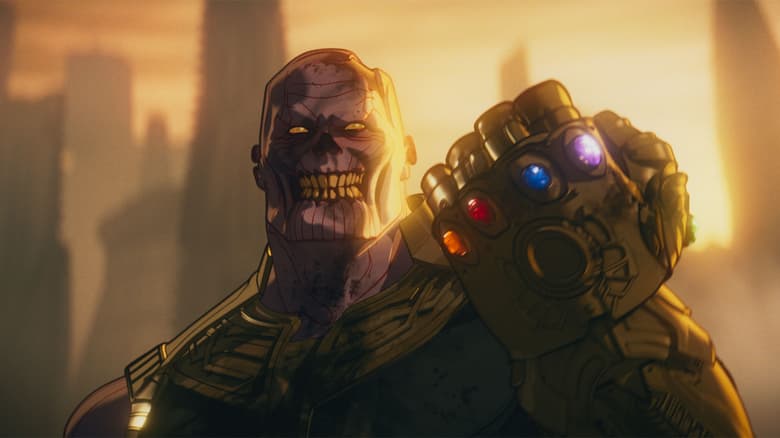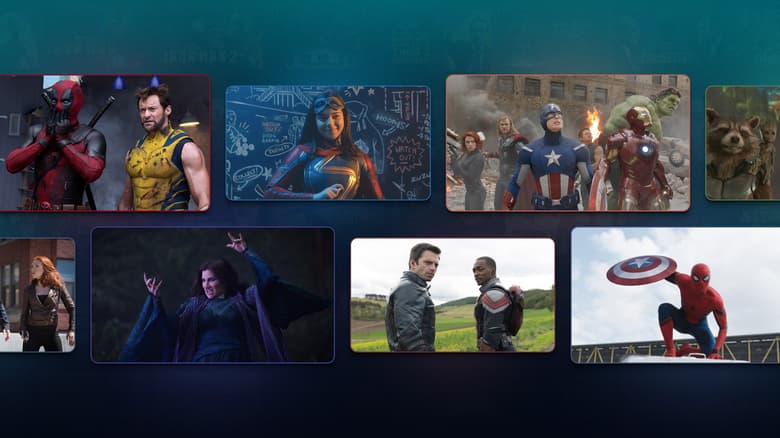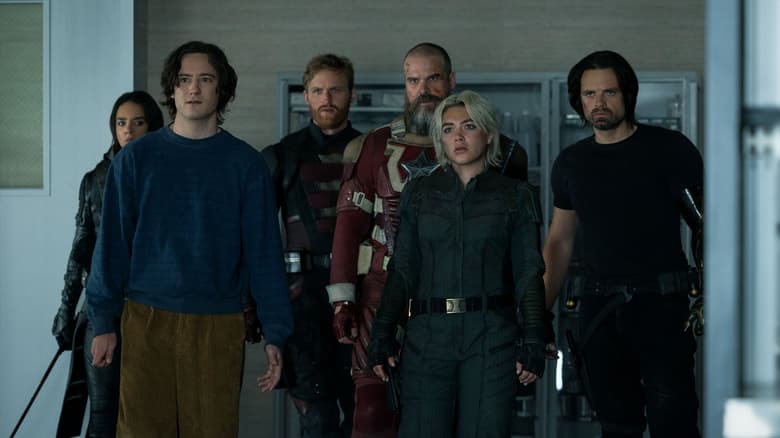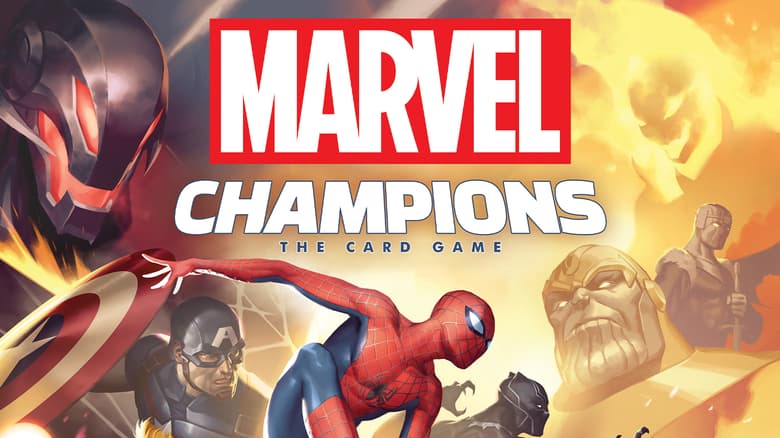‘Secret Invasion’: Director Ali Selim on Nick Fury’s Journey
"I feel very proud to have been part of telling that Nick Fury story."
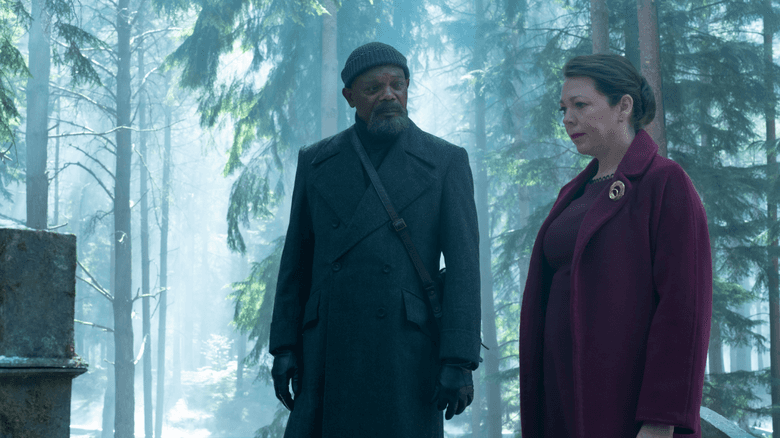
Nick Fury has saved the world, again. In Marvel Studios’ Secret Invasion, the long-time super-spy is able to thwart the plans of rebel Skrull leader, Gravik, and avoid all out-war between nations. And on top of that, he manages to get his world-saving groove back and reconcile with his estranged wife, Priscilla — who also happens to be a Skrull named Varra.
But that’s not all that happens in the globe-trotting series, now streaming on Disney+. Following Episode 6, “Home,” Marvel.com hopped on a video call with series director Ali Selim to talk through Nick Fury’s ending, emotional moments in the show, and how much fun Emilia Clarke had filming on the wires.
MARVEL: Looking back over the last six episodes, is there anything you're incredibly proud of, that fans really connected with in the show and just absolutely loved
SELIM: I think a lot of the fans who settled into the power of this being Nick Fury's story and/or Nick Fury being the catalyst who pulls us into a story that's bigger than himself, but very much connected to himself, I think it was surprising for people.
I think I'm glad for that because I'm better at telling the human story than I am at telling the superhuman story. I feel very proud to have been part of telling that Nick Fury story.
MARVEL: Diving into Nick Fury now, over the last six episodes, viewers have watched the rebirth of Nick Fury. This is almost his origin story. Can you talk about working with Sam Jackson, and diving into the character?
SELIM: Sam and I talked a lot about aging and worrying that you're losing your step or being told. And he has many points in this show that he's losing his step, living through the blip, which, in many ways, was very much like the pandemic for a lot of us, where we just disappeared and came back different and disoriented.
We had a lot of conversations about Sam's life, how he felt as an aging man, and as a man who grew up in the very volatile times that he grew up, and how that informed Nick Fury. And is it a story about him getting his mojo back? Or is it a story about him finding purpose at this point in his life and finding his new strength at this point in his life? I think it's a little bit of both.
Sam and I had good conversations about having lived through all of that stuff. I think, in many ways, that helped Sam through this process.
MARVEL: I personally view the show as a little love story between Fury and Priscilla. And they get a happy ending at the end, where they do go off to space together. Can you talk about giving them a send-off like that — viewers finally see Nick Fury happy?
SELIM: I don't think it's a little bit of a love story. I think it's a big love story. And I think it's Nick exploring his love for a lot of people. The most challenging one is the fact that he fell in love and married a Skrull and battling his sense of other, living as a Black man in America and living as an aging man in a more fit world. I think he's constantly exploring that sense of other and dealing with this love story that he's never quite reconciled.
That, to me, was the story. He had to reconcile that love story, either by leaving her, as he almost does in Episode 6 when he picks up the broken vase, or reuniting with her, confronting it all, and kissing the Skrull, not the woman, or the human.
I thought that was very important for him to come to that point where he understands where he is in the world now and what he needs to be to continue to be the new Nick Fury and to send him off a little sense of I've reconciled that. Now I can do stronger and greater things.
But I also think there's a tremendous love story between him and Talos, that Talos gets taken away from him. A lot of that love is then transposed onto G'iah because they both love this guy, for different reasons. Now he's gone, how are they going to fuel each other?
And I think there's even a sense of the love story between him and Gravik, that he was a father figure to Gravik and that fell apart. They've lost love. I don't think they really regain it in Episode 6, but they do acknowledge it, which I found beautiful. So, yeah, kissing Priscilla was a great moment, but all those other moments really made it a love story throughout.

MARVEL: Something about Episode 6 is that it's very much characters having deep conversations. But then it's also balanced with huge fight scenes at the same time. Can you talk about walking that fine line between the two of them?
SELIM: I guess it is a fine line. I don't know that I ever felt like I was walking on a fine line. I always felt like — in the story, people need to talk and emote. And now in the story, it's important that people kick the crap out of each other.
And I think, in the edit, it does become a balance of how long can you watch them kick the crap out of each other, and how long can you watch them emote. So that is a balance. But I never feel like it's such a fine line. I always feel like the right elements.
I mean, it's like making a dish. There's too much salt and not enough salt. It's the same kind of thing. I think you just feel it in the edit. But when you come into the MCU, you know there's going to be big battle scenes. And you know to make those battle scenes make sense, you've got to have people sharing their emotion and their perspective on the situation. So, yeah, a balance, but also just telling a story.
MARVEL: Speaking of these big battle scenes, before the strike, I talked to Emilia Clarke. She was telling me about her favorite day on set ever was filming that final battle scene between G'iah and Gravik. She just loved being up on those wires. Can you talk about filming some of those battle scenes with her?
SELIM: I think there's an element of the MCU that appeals to the 12-year-old in all of us. I know that that's what Emilia is referring to in those moments, is they are freeing, childlike, exploratory, and surprising, and all those things. They don't require that you leave as much of yourself on the table.
When she's in a scene with Sam Jackson, I watch her accessing and sharing. It's emotionally very difficult to work. I think all that stuff is fun. I loved Emilia Clarke on wires. I loved flipping Dermot Mulroney in a car. I loved all that stuff.
But I know that all of us are experiencing a moment, it's just fun, as opposed to demanding or challenging in a way that's much harder to share. It's just simply freeing.
MARVEL: As fans explore Episode 6 now and finally dive into the finale, is there anything you'd like to say to fans as they wrap up the season?
SELIM: Oh, it's a good question and it's one I never answer because everything that needs to be said about Episode 6 is in Episode 6. It's my half of the dialogue with the audience. And now it's their turn to respond to my half of the dialogue.
No backup. Just Fury. Secret Invasion is now streaming on Disney+, and the first three episodes are currently available on Hulu!
The Daily Bugle
Can’t-miss news and updates from across the Marvel Universe!
